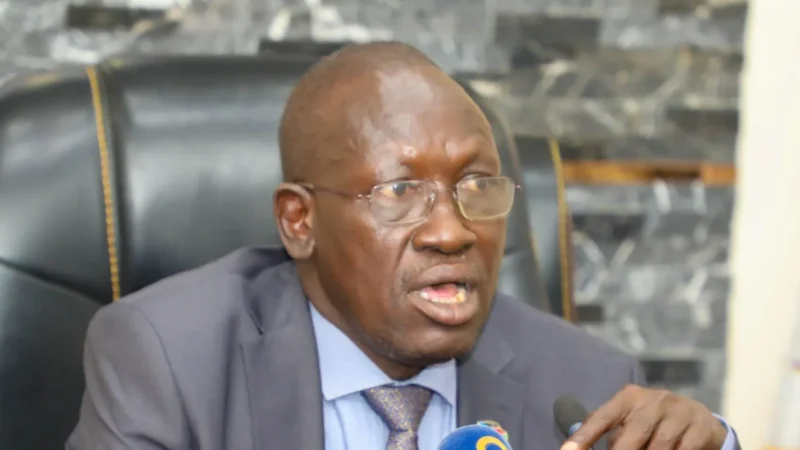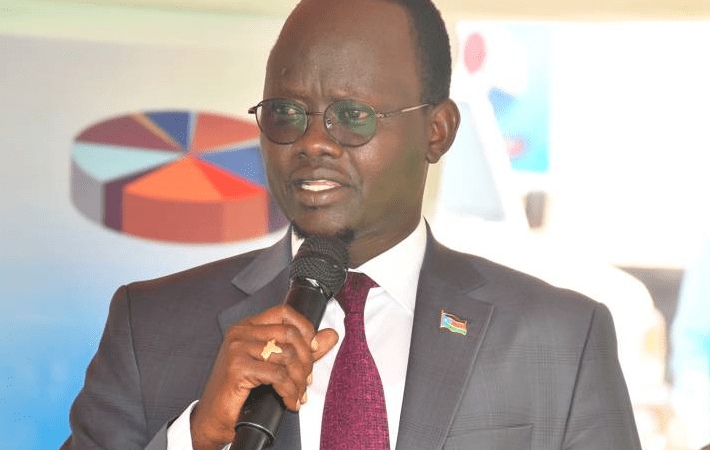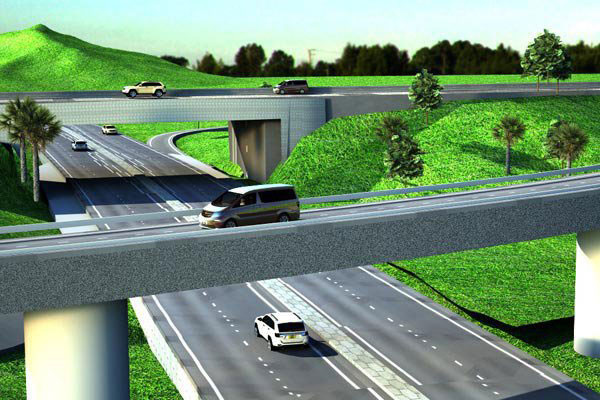The Government has launched an ambitious plan to enhance the country’s transport network by constructing 10 new expressways.
These expressways are part of a broader initiative to improve connectivity and ease travel across Uganda.
The plan aims to decongest major routes, reduce travel time, and boost economic activities by enhancing accessibility between key regions.
Key Expressway Projects
As part of the Integrated Transport Infrastructure and Services Programme, the Government will prioritize the construction of expressways to link Kampala to other parts of the country.
Among the key projects are:
- Kampala-Hoima Expressway: Connecting the capital city to Hoima, improving access to oil and gas resources.
- Kibuye-Busega Expressway: Linking Makindye Division to Busega, easing urban congestion.
- Kampala-Bombo Expressway: Enhancing connectivity to Luweero district.
- Nakasero-Northern Bypass Expressway: Providing a faster route for travelers heading to Masaka, Fort Portal, and Entebbe.
- Mpigi-Masaka Expressway: Alleviating congestion on the Masaka road and offering an alternative route from Busega-Mpigi.
- Kampala Outer Beltway: A ring road around the city to improve movement within Kampala.
- Kampala-Southern Bypass: Connecting Munyonyo to Bweyogerere to ease urban mobility.
- Jinja-Iganga Expressway: Enhancing trade and movement within eastern Uganda.
- Malaba and Busia Expressways: Facilitating cross-border trade and improving transport to Kenya.
- Kampala-Jinja Expressway: Estimated to cost UGX 2.3 trillion, this project is crucial for enhancing connectivity between Kampala and eastern Uganda.
Implementation Timeline
These expressway projects fall under the National Development Plan IV (NDPIV), scheduled for implementation from the 2025/2026 financial year to 2029/2030.
The Cabinet approved the strategic direction for NDPIV in March last year, ensuring that these critical infrastructure projects receive priority funding and execution.
Boosting Urban and Regional Mobility
Many of these projects are currently in the pre-feasibility stage, while others have already been costed. The expressways will play a significant role in decongesting urban roads and improving travel efficiency, particularly as Uganda prepares to host the African Cup of Nations (AFCON) in 2027.
These investments aim to create a modern, efficient, and safe road network that integrates with other transport systems, including rail and air transport.
Public and Expert Opinions
Marie Violet, a project assistant at Infrastructure Transparency Initiative (COST) Uganda, emphasized the need for transparency in the execution of these projects.
“A well-managed and accountable process will ensure the success of these projects and improve the country’s infrastructure,” she noted.
Kampala Capital City Authority (KCCA) spokesperson Daniel Muhumuza NuweAbine highlighted the impact of expressways on urban mobility.
“Projects like flyovers and expressways are already reducing congestion, as seen at the Clock Tower. These new developments will further enhance movement across the city,” he said.
Tororo district chairperson John Okeya pointed out that the expressway projects would ease traffic on the Jinja Road and boost trade in eastern Uganda.
However, some stakeholders, such as MP Joseph Ssewungu, expressed concerns over project delays, citing previous cases where construction took years to complete.
Challenges in Uganda’s Road Network
According to the National Planning Authority (NPA), Uganda’s current transport system is heavily reliant on roads, leading to high freight costs, infrastructure depreciation, and traffic congestion.
Over 95% of transport in Uganda is road-based, yet over 81% of the road network is in poor condition.
Statistics reveal that:
- 14% of national roads,
- 43% of KCCA roads,
- 74.2% of secondary city roads,
- 85.7% of district roads,
- 86.2% of municipal roads,
- 95.2% of town council roads are in poor condition.
President Yoweri Museveni, while launching the Standard Gauge Railway (SGR) in Tororo, acknowledged the congestion on Uganda’s roads and stressed the need for a more rational transport system.
“The Standard Gauge Railway is part of our strategy to balance the sector and reduce pressure on roads,” he stated.
The Government’s expressway projects are a game-changer for Uganda’s transport system. Once completed, they will significantly reduce travel time, boost trade, and improve economic development.
However, ensuring transparency, timely implementation, and public engagement will be crucial for the success of these projects.
Source By Insider Ug







